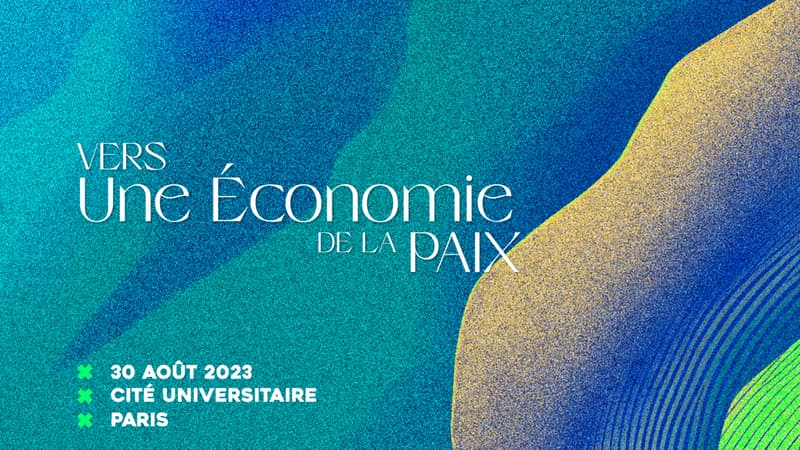After the movement of the “yellow vests”, the health crisis, the war in Ukraine and then the recent episodes of unrest that hit France at the beginning of the month, a hundred business leaders signed a manifesto to build “a desirable economic horizon for all ”. ”. “The crises follow one another and drag our societies into the spiral of violence, in France and internationally. […] these fractures undermine our economy and, more fundamentally, weaken our democracy and our social contract”, they declare.
Among the signatories we find, for example, Pascal Demurger (MAIF), Marianne Laigneau (Enedis), Jean-Pierre Farandou (SNCF), Alexandre Viros (Adecco) or even Stanislas Niox-Chateau (Doctolib) and they all share the conviction that these tensions it will continue to grow “as inequalities deepen and resources become scarcer”.
The economy does not play its role
It is this context that justifies the urgency of acting to “replace peace at the center of contemporary economic issues.” For the signatories, who are also part of the Impact France Movement, the economic world would not fulfill its role of “development, inclusion and distribution of resources”.
This failure takes several forms: the contemporary economy would fail to “provide decent jobs to the greatest number, to give full place to diversity, to commit to sobriety” and, therefore, would have a share of responsibility in exacerbating dissent current.
It also points out “the permanent incentive to overconsumption” which would be a “source of strong frustration and tension”, especially in times of inflation. This model, in addition to being incompatible with the climate emergency, would not contribute to a better distribution of wealth.
End of the world and end of the month, same fight
The manifesto also establishes a direct link between contemporary crises and the climate emergency context that aggravates social tensions. Thus, proposing a “desirable economic horizon for all” would require “a new paradigm where social tensions and the degradation of natural capital are no longer secondary issues to be “unrisky” for our companies, but priority and essential. component of their business models.
In other words: companies must act and commit to change, instead of simply adapting their model to the context. For the signatories, this implies four levers of action: “cooperation against hyper-competition; equitably share value but also power and resources; the regeneration of living beings, putting the search for positive impacts at the center of concerns; and a new approach to work, inclusive and adapted to the different stages of life”.
The public powers are not spared either and must contribute “to building an economy of peace”. “The drop in the average unemployment rate, the number of unicorns [entreprises valorisées à plus d’un milliard de dollars] or the first place of France in private investments in Europe are not enough to create a prosperous and peaceful France”, he replied, while specifying that this does not mean “a renunciation of progress”.
Pour suivre ces réflexions et renouer le dialogue entre la société civile et le monde économique et politique, the “engagés” leaders propose to return to the Universités d’Été de l’Économie de Demain, organized the 30th août prochain à la Cité internationale universitaire from Paris.
Source: BFM TV


